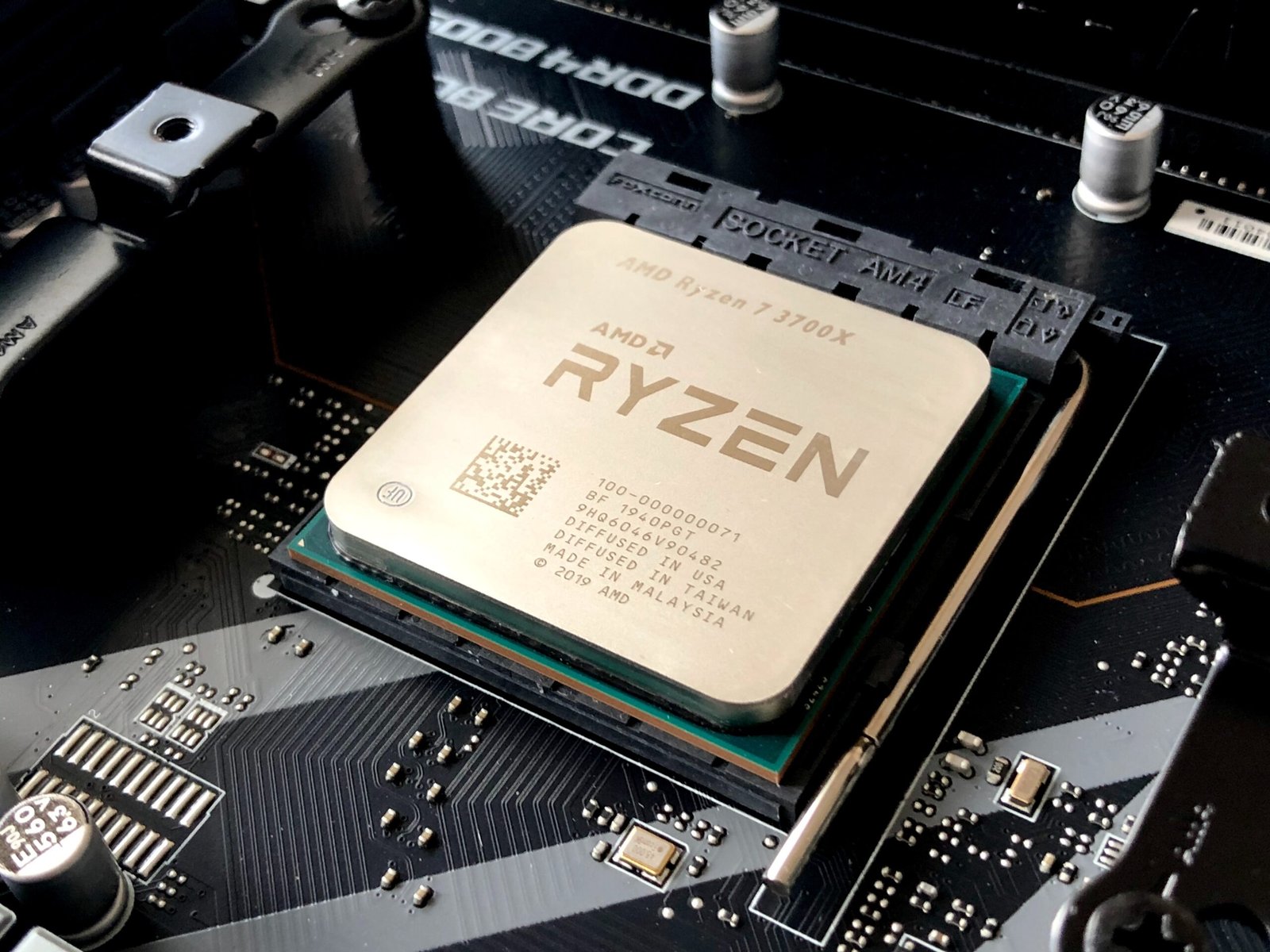
CPUs: The Brains of Your Computer
The Evolution of CPUs: From Invention to Modern Powerhouses
The Central Processing Unit (CPU), also known as a microprocessor, is the heart and brain of a computer. It is responsible for executing instructions and performing calculations that drive the entire system. The history of CPUs dates back to the early days of computing when the need for automated calculations arose.
Invented in the 1940s, the first CPUs were large and bulky machines that occupied entire rooms. However, over the years, advancements in technology led to the development of smaller and more powerful microprocessors.
Today, CPUs are incredibly sophisticated and can handle complex tasks with lightning-fast speed. They have become smaller in size while offering increased performance and energy efficiency.
The Role of CPUs in a Computer
A CPU plays a crucial role in the functioning of a computer. It acts as the brain, executing instructions and coordinating the activities of various hardware components. It performs calculations, manages data storage, and controls the flow of information within the system.
One of the primary tasks of a CPU is to communicate with the computer’s memory. It retrieves data from the memory, performs operations on it, and stores the results back in the memory. This constant back-and-forth communication between the CPU and memory ensures smooth and efficient operation of the computer.
In addition to memory communication, a CPU also interacts with other components such as the motherboard, graphics card, and storage devices. It coordinates the transfer of data between these components, enabling seamless functionality.
The Importance of Keeping Your CPU Updated
Keeping your CPU updated is vital for maintaining optimal system performance. As technology advances, software and applications become more demanding, requiring more processing power. An outdated CPU may struggle to handle these resource-intensive tasks, resulting in slow performance and decreased productivity.
Regularly updating your CPU ensures that you have access to the latest features and improvements. Upgrades often include enhanced performance, increased efficiency, and improved security measures. By staying up to date, you can enjoy a smoother computing experience and take advantage of new software capabilities.
Difference Between Desktop and Laptop CPUs
While both desktop and laptop CPUs serve the same purpose, there are some notable differences between them. Desktop CPUs are generally more powerful and offer better performance compared to their laptop counterparts. This is because desktop CPUs have larger physical sizes, allowing for more advanced cooling systems and higher power consumption.
On the other hand, laptop CPUs are designed to be more energy-efficient and compact. They prioritize battery life and heat management, which limits their overall performance. Additionally, laptop CPUs are often soldered onto the motherboard, making them difficult or impossible to upgrade.
Conclusion: The Importance of CPU Updates
Keeping your computer’s CPU updated is crucial for maintaining optimal performance and ensuring compatibility with the latest software. Upgrading your CPU can be a cost-effective solution compared to purchasing a new machine, especially for desktop users. However, for laptop users, upgrading the CPU may not be a viable option due to the limitations of the hardware.
By understanding the role of CPUs, their evolution, and the importance of updates, you can make informed decisions about keeping your computer running smoothly. Embracing the advancements in CPU technology allows you to harness the full potential of your system and stay ahead in the ever-evolving world of computing.
